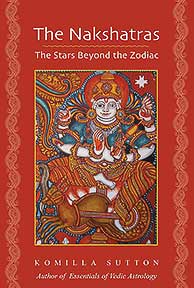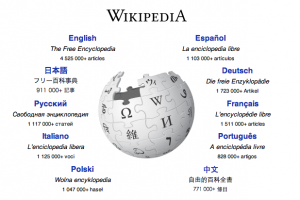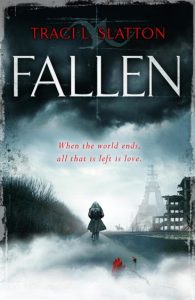My neighbor upstairs, Lucy Holmes, has written an interesting book called “The Internal Triangle: New Theories of Female Development.” Lucy’s a smart lady and the book crackles with life and intelligence. It’s well-written and absorbing. She’s also set herself an ambitious goal: to use Freud’s drive theory to explain female development. The back cover explains that she’s the first woman to attempt this in over sixty years. I haven’t read a lot of Freud, but didn’t he theorize that women long to have penises, and that’s why women are all so messed up?
This despite the archetypal message of the blind prophet Tiresias, who spent seven years as a woman. He tells the gods unequivocally that a woman experiences greater sexual pleasure.
For me, the most arresting part of the book was the exquisite attention to transference and counter-transference as Holmes relates anecdotes about women patients from her many years as an analyst. Some of her patients idealized her, some hated her, many did both, some wanted to kill her, some wanted to have sex with her. In response, Holmes worries, is tormented and feels inadequate. She wants to help them. Does she?
It threw me back into my years as a hands-on healer, and my years in therapy. When you lay hands on people’s bodies with love and the intention to heal, miracles happen. So does powerful transference. And wicked strong countertransference. A practicing healer has to be on her edge, standing with her toes touching the line every second. I made some big mistakes in my practice when I wandered off that edge.
And because we are all human, mistakes, blunders, errors, and inadequacies happen. A decade of my personal psychotherapy imploded in heartache when I divorced my first husband. My therapist was also my husband’s therapist, and our marital therapist, and it was all too fuzzy and intertwined. And when the negotiations between my ex and me grew contentious, I wrote a letter to the therapist saying it wasn’t right for me that my therapist was counseling someone with whom I might go to court. It was something I had to do to stand up for myself. She didn’t write back but she must have agreed, because she terminated her work with him. Of course, he blamed me. A lot of hurt and pain here, for everyone.
Which brings me to qualms about conventional talk psychotherapy. Does it really work? Can it? Therapists are all too frail and prone to err, even with the best of intentions. And, of course, therapists make their living through people showing up regularly, once or twice or three times a week. They have an investment, acknowledged or not, in their patients’ ongoing mental unhealth. Too many patients feed their therapists’ investment, falling into what Caroline Myss so aptly calls ‘woundology,’ cherishing their suffering. They don’t move on. They start every conversation with, “My therapist says….” Don’t we all know people like that?
And my most serious criticism of psychotherapy is that, largely, it doesn’t turn people into better human beings. Here is a the beginning of an imaginary, all too likely, session:
Therapist: “So, you’re an ax murderer, you lure innocent people into the woods where you chop them into little pieces. How do you feel about that?”
Accountability is anathema to psychotherapy. What modern psychotherapy has contributed to the zeitgeist, the way it is largely practiced, is the demolition of judgment and accountability. What psychotherapy should do is teach people how to hold their feelings without acting on them, and without shattering. If human beings can feel a range of emotions from -10 to +10, and can perform actions on a decency scale from -10 to +10, (-10 is genocide, +10 is risking or giving your own life to save someone else’s), then psychotherapy should help people feel and contain their feelings on the full scale, but limit their actions to, say, -2 to +10. But that’s not what’s happened. People who feel below -2 and over +3 are put on medications. And censoring actions is considered bad form.
We’ve become a culture, thanks partly to modern psychotherapy, that confuses prejudice with judgment. The pendulum has swung that far as we try to dismantle millennia of discrimination on the basis of gender, race, religion, sexual orientation. Discrimination is a great evil that I hope to see largely dissolved in my lifetime–though I probably won’t.
And judgment is still imperative. There are reasons why so many of the great, ancient, spiritual texts say, “Thou shalt not.” We need to be able to say, “That action is not okay!” The higher octave of discrimination is discernment, the wisdom to separate the chaff from the grain. Despite the moral relativism of psychotherapy, there is still chaff, and it differs qualitatively from grain.








